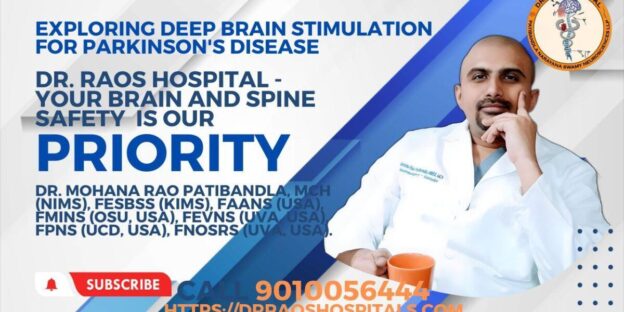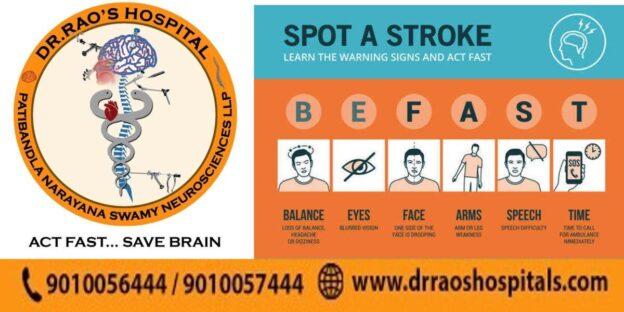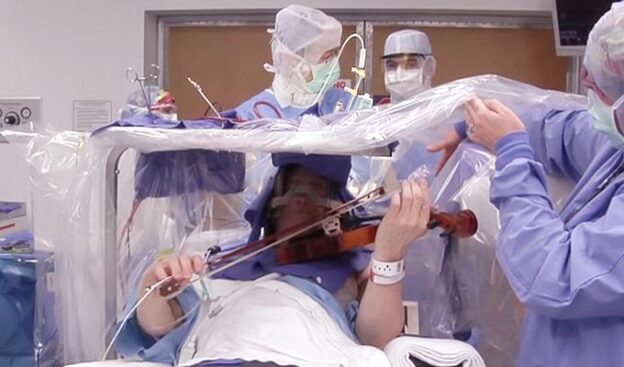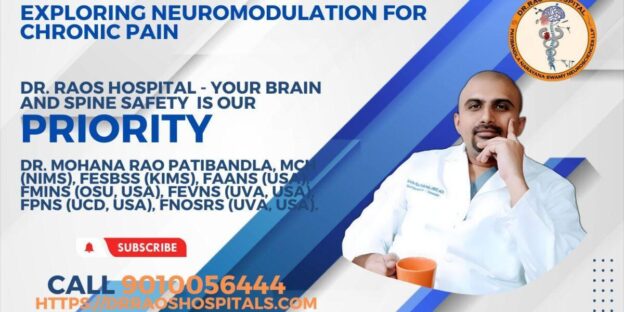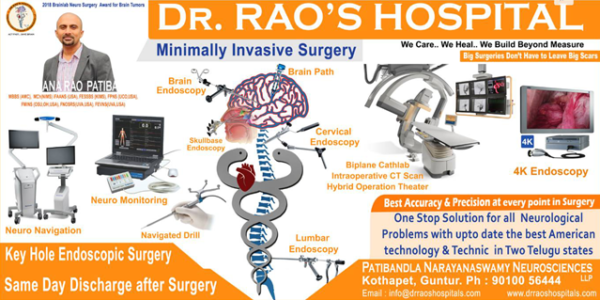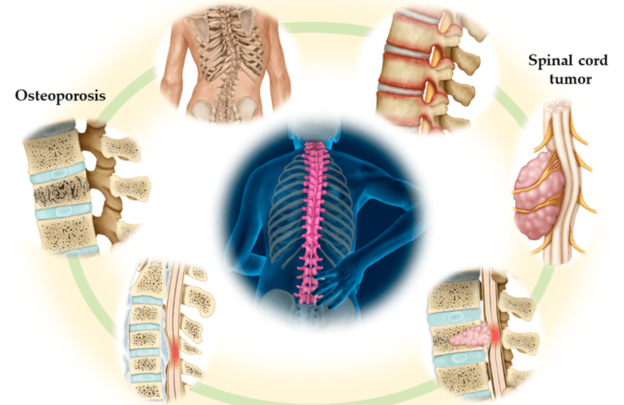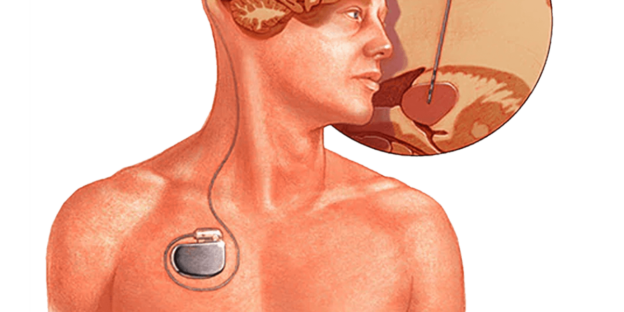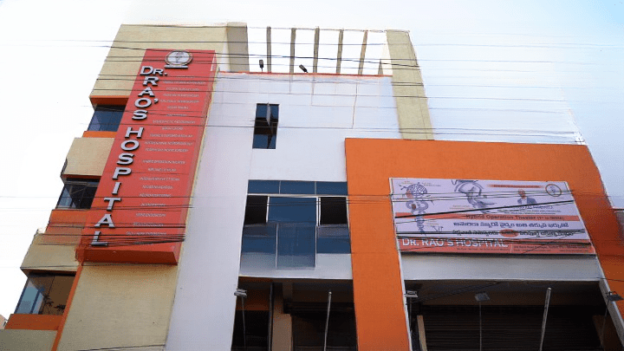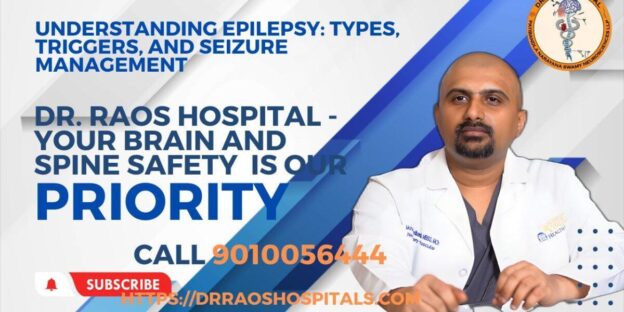Healing Minds and Bodies: Dr. Rao’s Hospital on World Mental Health Day
Introduction
World Mental Health Day is a poignant reminder that the battles we can’t see are just as significant as the ones we can. It’s a day to raise awareness, erase stigma, and highlight the critical connection between mental and physical health. In this pursuit, Dr. Mohana Rao Patibandla, renowned as one of the best neurosurgeons in Guntur and across Andhra Pradesh and India, is leading the way. Dr. Rao’s Hospital is not just about surgical excellence but holistic health, including mental well-being.
The Best Neurosurgeon in Guntur
Guntur, a vibrant city in Andhra Pradesh, has been fortunate to have Dr. Rao’s expertise. With over two decades of experience, Dr. Mohana Rao Patibandla is not just a neurosurgeon; he’s a beacon of hope for countless individuals grappling with neurological challenges. His commitment to cutting-edge treatments, personalized care, and relentless pursuit of excellence have earned him the title of the best neurosurgeon in Guntur.
The Best Neurosurgeon in Andhra Pradesh
Dr. Rao’s impact extends far beyond the city limits. In neurosurgery, he’s a household name across Andhra Pradesh. His journey, from humble beginnings to becoming a trailblazer in the field, is inspirational. Patients from every corner of the state seek solace in his expertise, knowing they are under the care of the best neurosurgeon in Andhra Pradesh.
The Best Neurosurgeon in India
India’s medical landscape boasts some of the world’s finest talents, and Dr. Mohana Rao Patibandla is a shining star among them. His accolades, international training, and track record of successful surgeries have positioned him as one of the best neurosurgeons in the country. But what sets him apart is his unwavering dedication to holistic care, including addressing the often-neglected mental health aspect. In a recent deccanherald
Mental Health Matters at Dr. Rao’s Hospital
While Dr. Rao’s reputation in neurosurgery precedes him, his commitment to the well-being of the whole person truly distinguishes him. Dr. Rao’s Hospital isn’t just about fixing bodies; it’s about healing minds, too. The hospital reaffirms its dedication to mental health care on World Mental Health Day.
A Holistic Approach
Dr. Rao’s Hospital understands that physical health is intricately linked to mental well-being. The hospital’s multidisciplinary team includes mental health professionals working with neurosurgeons, ensuring patients receive comprehensive care. It’s an approach that acknowledges that successful neurosurgery isn’t complete without addressing recovery’s emotional and psychological aspects.
Raising Awareness, Erasing Stigma
World Mental Health Day is not just a day; it’s a movement to destigmatize mental health challenges. Dr. Rao’s Hospital actively participates in this endeavor, spreading awareness about the importance of mental health and providing a safe space for patients to discuss their concerns.
Conclusion
As we commemorate World Mental Health Day on October 10, 2023, let’s celebrate not only the best neurosurgeon in Guntur, Andhra Pradesh, and India but also a compassionate healer who recognizes that proper health encompasses both body and mind. Dr. Mohana Rao Patibandla and Dr. Rao’s Hospital are beacons of hope, illuminating the path to recovery for countless individuals. Together, they prove that healing minds and bodies go hand in hand when it comes to health.


